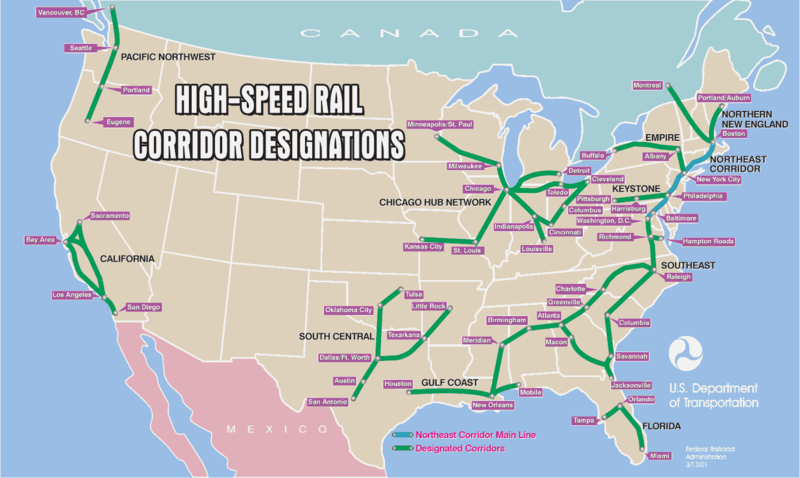Last week, I wrote about how I tried to actively manage my finances, in order to better afford the things that are important to me.
There have been a few simple methods I’ve used over the years to help me with my finances. The first is really easy – simply subscribing to a financial magazine. I tried a few over the years (and I haven’t had one now for a couple) but I found that just getting a monthly reminder in the mail that financial planning is something you should be considering was enough to keep me engaged – I’d check in on my 401k allocations, think about whether I was saving enough money, and pledge to get better at doing both. Of course many of those pledges were unrealized, but if even a few came to fruition, that’s still once a quarter where I did something to improve my financial standing.
Lately, I’ve been enjoying all of the content that the ‘new’ web has to offer including podcasts and blogs. One blog that I’ve come across lately that I like is Get Rich Slowly. This site offers straightforward advice on how to think about your finances and how to apply that to your living situation in a sane way and hopefully build wealth while you’re at it. The problem with this site, for me, is that many of the topics are for people just looking to get control of their situation – get out of credit card debt, live within their means, etc., This (thankfully) hasn’t been me for many years. But, again, the check-in from time to time on these topics is a good reminder to myself to think about what I’m spending and saving.
By far, the most successful method I’ve had for thinking about savings – was to remove thinking from the equation (go figure). I started with an automated 401k program at work (years ago) but I’ve built that to what I have now: A fully though-out system for putting money away.
Each paycheck I receive gets broken into different parts automatically and stashed into various accounts. In January my company overhauled its payroll system which was the perfect opportunity for me to overhaul my savings plan.
Right now it works like this. Each paycheck:
- 15% of my pre-tax earnings goes to my 401k contribution. Without going into gory details, this is enough for me to maximize my contribution each year.
- about 30% of my pre-tax earnings goes to benefit myself and society alike (taxes)
- about 1% goes to my company’s medical plan (the company pays double what I do)
The rest is mine to do with as I see fit. Rather than having all of that deposited into my checking account (where it would be sure to disapear) I have the following in place:
- 10% goes into a checking account I use for cash – this constitutes a majority of my weekly spending (via ATM withdrawls)
- 10% goes into a brokerage account which I consider to be long-term savings (for those times when I take a break between jobs)
- 80% goes into a checking account I use for paying bills
This is working pretty well right now. For the first time in a long time I haven’t touched my brokerage account and my cash account has covered my weekly spending well. All of my bill payments are paid electronically, with the fixed ones (mortgage, insurance, etc.,) automatically withdrawn and the rest manually entered each month or paid by credit card (which is then paid via online bill pay services).
As I get better, My plan is to have all discretionary spending (cash and paying off the credit cards) be covered in one account. Right now, my credit card payments are taken out of the same account as my mortgage, and that doesn’t make sense. In this way I’ll have a better understanding of what I’ve roughly allocated for myself and when I’m overspending that.
With this system, my savings rate right now is more than 25% of my take home salary right out of the gate. As long as I don’t spend every dime in my checking accounts, the actual rate is even higher. That’s a rate that I’m happy with for now, but I intend to notch up as the year goes on.


